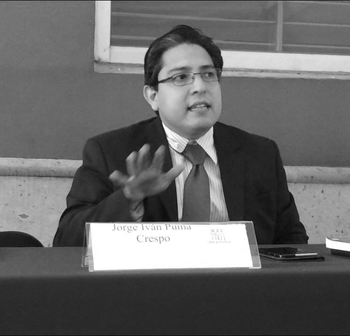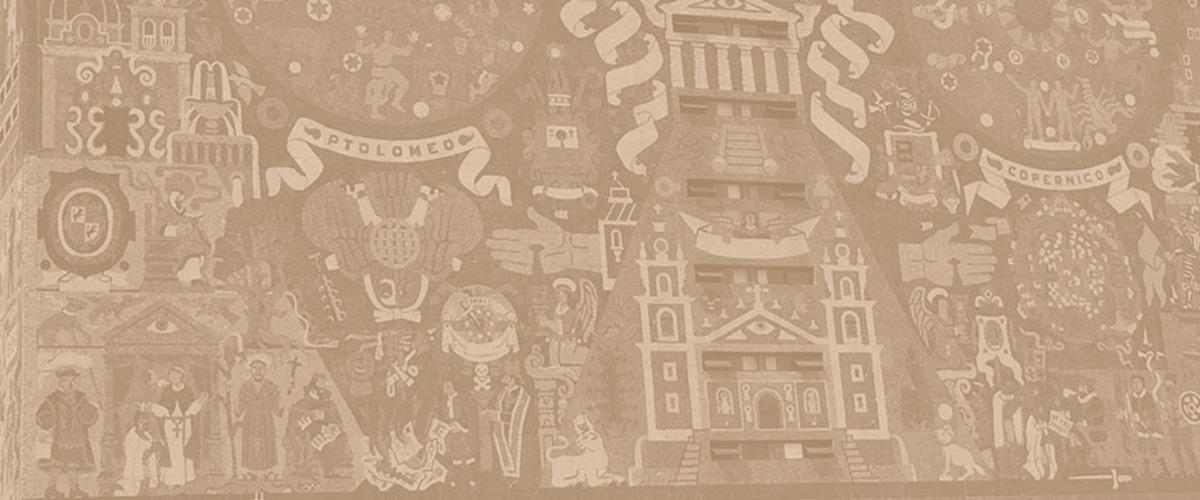Mexico Virtual Lecture Series
Culver-México-Paris-Torreón: The Transnational Journey of Mexican Maoism in the Long Sixties
Jorge Puma

Jorge Puma is a PhD candidate in Notre Dame’s Department of History and PhD Fellow at the Kellogg Institute for International Studies. Prior to beginning his PhD, Puma served as debate instructor at Centro de Investigación y Docencia Económicas (CIDE) for eight years. He is a recipient of the Fulbright-García Robles grant. His research focuses on the role of left-wing politics in Latin American history, with a particular interest in the turbulent 1960s and 1970s. It demonstrates how political movements in Mexico have been influenced by France, China, and even Indiana.
After the Tlatelolco massacre of October 2, 1968, student activists felt an urgent need to find a way forward. Adolfo Orive Bellinger and a group of militants offered an answer in Hacia una política popular (Towards a People’s Politics). The mimeographed pamphlet had a yellow cardboard cover, and young student militants in northern Mexico called it “The Yellow Document,” mirroring Mao’s “Little Red Book.” It contained a critique of the Mexican left and unions’ strikes in the 1950s and 1960s and proposed a different form of political action based on three principles: (1) Trust the masses and obtain their support, (2) ideas must come from the masses and then return to the masses for their discussion, and (3) be the student of the masses before being their teacher. These ideas originally appeared in China in the 1930s and were in vogue in the French student circles of the 1960s. But, how did they arrive in Mexico?
To answer that question, Puma examines the trajectory of Adolfo Orive as an example of transnational mobility and how ideas moved beyond the walls of classrooms and borders. We will follow Orive from his life as a young cadet in Culver, Indiana to his first steps as student leader in Mexico City’s High School and then as a postgraduate student in the School of High Studies at Paris. His life helps us understand the connections between student movements and elite actors in Mexico during the 1960s.
The Mexico Virtual Lecture Series is a recurring online event intended to highlight the deep connections between Notre Dame and Mexico. Each lecture focuses on the current work of a Notre Dame faculty member or researcher, covering topics that vary widely from medical research to the social sciences and arts and culture.
The series is intended for a general audience and can be viewed via Zoom. Pre-registration for the session is requested and the Zoom link will be made available once registration is received.
PLEASE NOTE: Indicated event times are Eastern Daylight Time (11:00am - 12:30am CDT).
View previous lectures & sign up for future announcements
